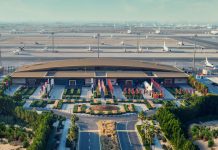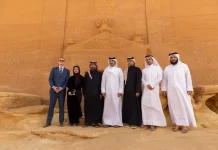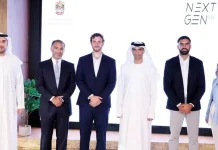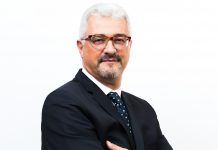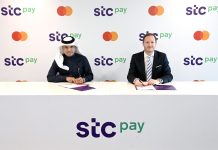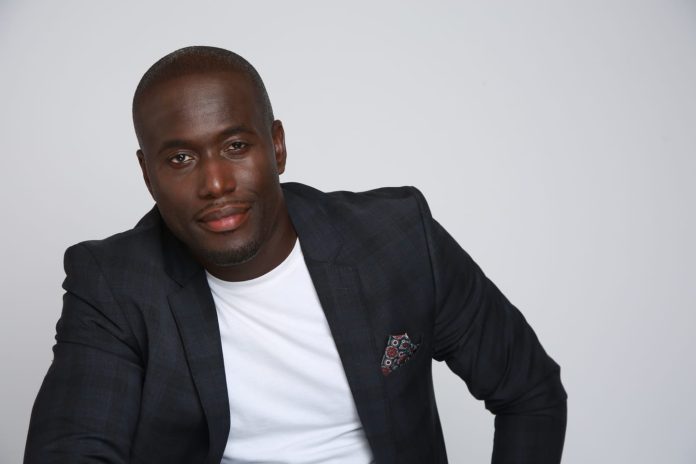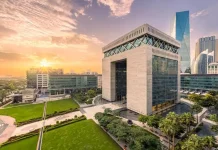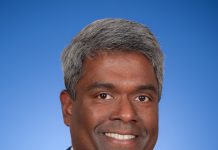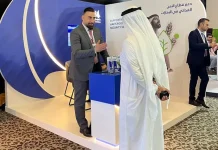Wangari Muta Maathai, known as “the mother of trees and sunshine,” devoted her entire life to preserving a long life for this flora. One argument came up very often: “The capture of CO2 by trees allows us to breathe better,” she insisted. Today, the voice of this former Nobel Peace Prize laureate seems to resonate more, even in the Gulf where the United Arab Emirates has taken the lead in decarbonizing the economy.
Today, the world finally seems to listen to this great lady posthumously as it turns towards hydrogen. The “green economy,” as it is now called, is finally being recognized by various authorities as a source of economic opportunities for Africa. Rwandan President Paul Kagame stated, “Africa missed the industrial revolution. It cannot afford to miss the great opportunity of economic emergence, based on technology and renewable energies. » Today, he is pleased to see numerous ongoing partnerships where several countries are at the forefront. Mauritania has launched several research programs, Morocco, under the leadership of King Mohammed VI, has established a national federation for hydrogen. Namibia has signed a cooperation agreement with the Franco-German consortium, Hyphen Hydrogen Energy. Windhoek is relying on these partnerships to triple its GDP by 2030 through its hydrogen industry.
However, there remains a challenge: attracting talent. And it’s not for the lack of promising young startups located on the continent. There are 500 of them spread across thirty countries, with total fundraising reaching $1.17 billion in 2022. But one question lingers: the education and training of young people in a continent where 70% of students graduate with limited professional prospects from the educational system.
On the other hand, Dubai possesses a thriving ecosystem when it comes to international scientific research. We salute the facilitation efforts made by the Emirates to enable scientific and technological talents to develop their expertise in the country. The ambitious project led by DEWA and Siemens Energy will foster the emergence of a massive industrial venture for green hydrogen production using solar energy. The energy will be provided by the Mohammed bin Rashid al-Maktoum Solar Park (MBR), which currently has a capacity of 1,013 MW. The pilot plant is expected to produce approximately 20.5 kg of hydrogen per hour. This is a major and significant advancement that deserves commendation for its audacity and vision.
his excellence can also be shared on the African continent eventually, we can also consider creating excellent university programs in Afro-Middle Eastern universities on the African continent, with student/professor exchanges to stimulate research by incorporating African and Middle Eastern private companies, including ADNOC, into this process by the year 2035. We make this assertion because the demand is high, and we know that His Excellency Sultan Ahmed Al Jaber, who is very committed to this vision, has an ambition that we salute and encourage to develop at the international level.
Today, the stakes are significant. Hydrogen and technology can thus represent a hope for economic development for young adults interested in technology or environmental transition. This will fuel the rise of Africa tomorrow and build the revitalization of the Middle East. At Renew Tech, we are among many who are driving momentum for our ecosystems because pragmatism is the cornerstone of the system. That’s why I commend the commitments of Andrew Johnstone, CEO of Climate Fund Managers. In the same spirit, we must also applaud the partnership between All On Hub and Nigeria Climate Innovation Center, which are incubating 8 clean startup projects this year with grants of up to $80,000 per startup.
As the COP 28 in Dubai looms on the horizon, it is up to us as entrepreneurs of this world to speak with one voice. That is why, at Renew Tech, we call for the creation of an international federation representing all decarbonization-related innovations worldwide. We also have the opportunity to establish state-of-the-art research laboratories across Africa and the Middle East, in regional hubs, with the involvement of major international corporations, public entities, and foreign partners. The Africa-Middle East region should produce over 600,000 hydrogen researchers each year to have an impact on both continental and international ecosystems.


